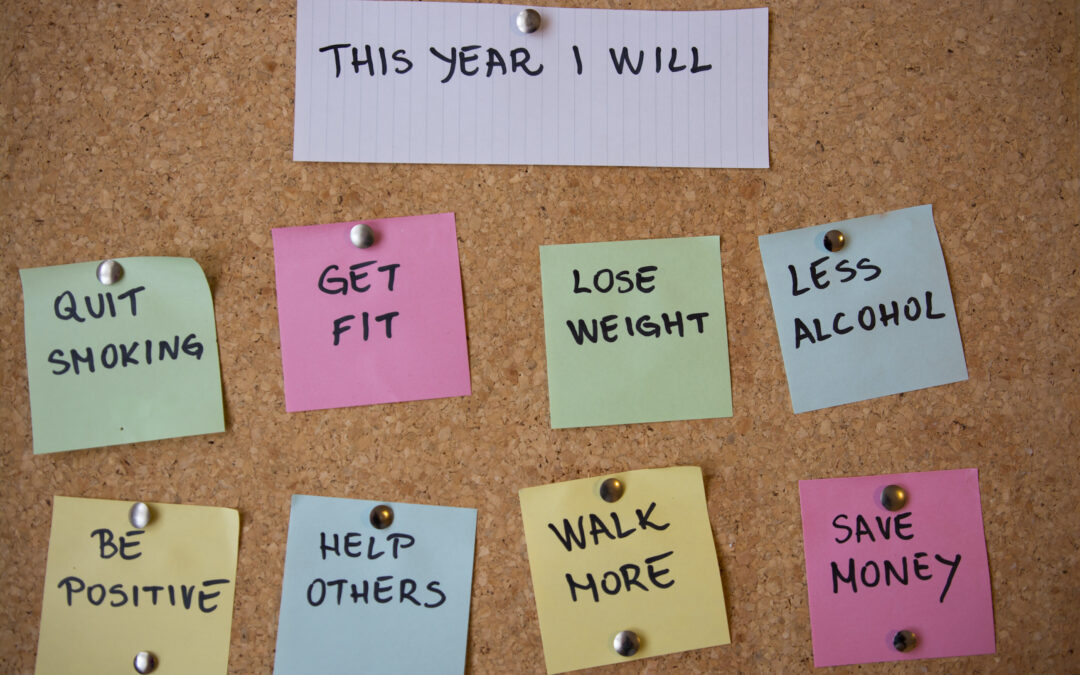In last week’s blog post, I started the conversation about why people fail to sustain new habits. If you missed it, you can find it here before reading this post, as I always think it’s best to understand the ‘why’, before getting to the ‘how’.
In this post, let’s explore some actionable strategies to overcome these challenges and make our new habits stick.
Being realistic
I find that most people overestimate what’s possible for them and for their lifestyle. We have to look at what will work with and around your day-to-day life and be really honest about what it’s going to take.
That said, being realistic might also include reprioritising various aspects of your life to find the additional time and/or energy needed for the new habit. It can’t always be a case of just adding more things in and assuming you’ll still be able to do it all!
It’s also common for individuals to compare their current abilities to their past selves. They fail to acknowledge how much their life has changed, for example, that they have more responsibilities, less time and other priorities in life now. Therefore, what they were once able to do or achieve, again, may no longer be realistic.
Recognising these differences is essential for setting achievable goals.
Something is better than nothing
We need to start small (rather than an all-or-nothing approach).
As I said last week, many people throw themselves in the deep end when they want to kick off a new habit – and I get it – a big audacious goal is very compelling. But that excitement, motivation and, perhaps, even a bit of ego, can cloud our judgement from really looking at things with a practical long-term lens. One of the keys to creating sustainable habits is starting small, because if the change is too drastic and ambitious, most people crash and burn.
Once you’ve identified your long-term goal(s), you want to break it down into steps or stages and think about how you can ease into the new habit. Let’s say someone wants to exercise 4 times a week, but currently they’re not doing anything. I would recommend that person starts with 1 to 2 workout sessions a week – to get things going and to see if it works. Once that routine is working well, to help progress to the end goal, they can then try increasing 1 or more of the following variables:
- Intensity
- Duration
- Number of sessions per week
It’s also worth remembering that even just one small habit done consistently can boost your mood and motivation. This sets off a chain reaction, making it easier to tackle more new actions and do what’s called ‘habit stacking’. So, while taking baby steps may not feel as exciting, it’s scientifically proven to increase your chances of success and make the process more enjoyable.
Set SMART goals
You’ve probably heard of ‘smart’ goals before. The concept has been around for many years and is a tool that you can use to plan and achieve personal, professional or business goals. When planning how to achieve a goal, you’ll have far more success if you make sure your plan is:
Specific: Get clear on exactly what you’re going to do.
Measurable: Make sure you can track your progress and stay motivated.
Achievable: Your goal needs to be realistic, even if you are stretching yourself – see above.
Relevant: Your goal needs to matter and the timing needs to be right.
Timed-based: The goal needs clear time-frames, so you can track your progress.
Prepare for resistance
As discussed in the previous post, you will typically come up against resistance when starting something new, even when you know that the new thing is going to be good for you. Your subconscious mind craves familiarity and perceives change as threatening. So if you anticipate this resistance happening and accept it as part of the process, there’ll be less chance of it derailing you!
Sustainable change is possible with the right mindset and approach. By using strategies, and being more aware of how habit formation works, you can increase your likelihood of success in establishing and maintaining new habits.
Stay tuned for the final post in the series next week, where I’ll be answering a subscriber’s question related to their trouble staying consistent with regular exercise.
Kate x


